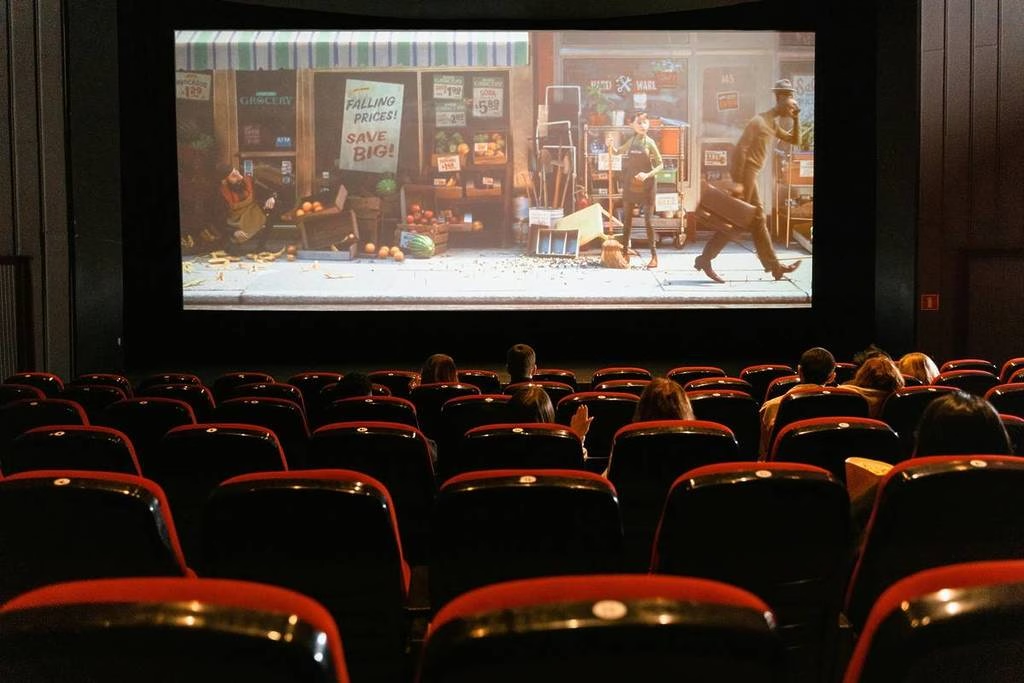At its core, film is a storytelling medium. Whether it’s a sweeping epic or a quiet character study, the power of a film lies in its ability to captivate audiences with compelling narratives, engaging characters, and emotionally resonant experiences.
The Elements of Effective Storytelling:
- Compelling Characters:
- Well-developed characters are the heart of any good story. They should be relatable, complex, and possess unique motivations and flaws.
- Audiences connect with characters they can empathize with, root for, or even learn from.
- Strong character arcs, where characters undergo significant personal growth or transformation, are essential for a satisfying narrative.
- Engaging Plot:
- A well-crafted plot should be compelling, with a clear beginning, middle, and end.
- It should be driven by conflict, creating tension and suspense that keeps audiences on the edge of their seats.
- Unexpected twists and turns can keep viewers engaged and invested in the story.
- Strong Themes:
- Exploring universal themes such as love, loss, redemption, and the human condition can give a film deeper meaning and resonance.
- Films that address social issues, challenge societal norms, and offer insightful commentary on the human experience can have a profound impact on audiences.
- Visual Storytelling:
- Film is a visual medium, and filmmakers utilize a variety of techniques to enhance storytelling.
- Cinematography, editing, and sound design all play crucial roles in creating mood, atmosphere, and visual metaphors that deepen the narrative experience.
- Emotional Impact:
- The most powerful films are those that evoke a strong emotional response in audiences.
- Whether it’s laughter, tears, fear, or inspiration, films that connect with viewers on an emotional level are more likely to leave a lasting impact.
The Importance of Storytelling in the Modern Age:
In today’s fast-paced world, the art of storytelling remains crucial. Films provide a unique opportunity for audiences to escape reality, explore different perspectives, and connect with universal human experiences.
Conclusion:
Ultimately, the power of storytelling lies in its ability to connect with audiences on a deeply personal level. By crafting compelling narratives, creating relatable characters, and employing skillful cinematic techniques, filmmakers can create films that entertain, inspire, and challenge viewers, leaving a lasting impact long after the credits roll.




